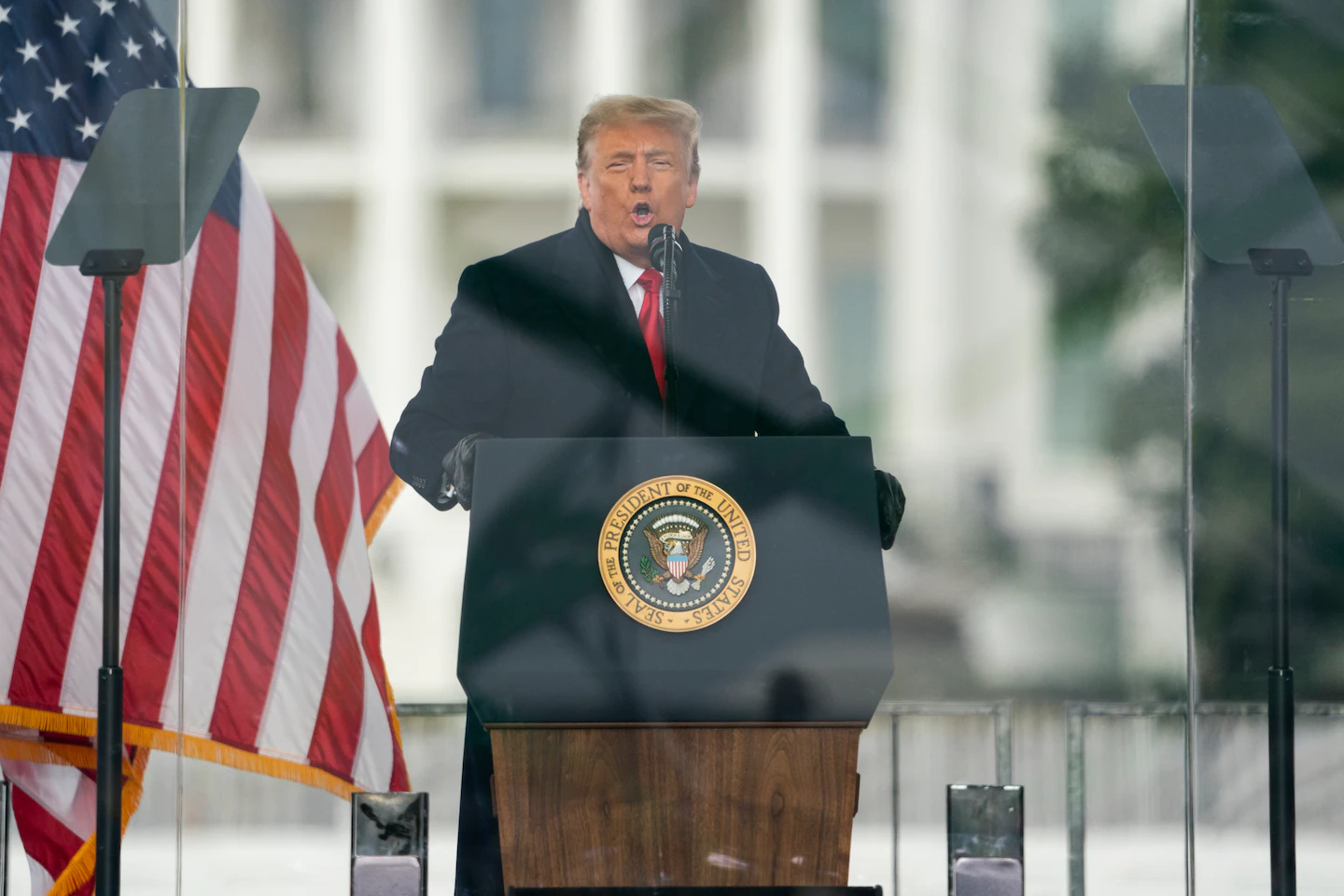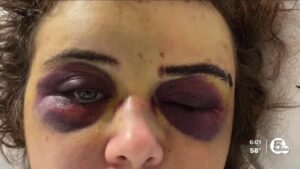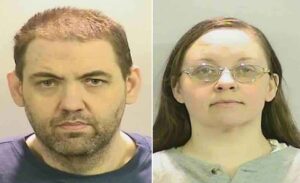The question of whether Donald Trump may be made to pay compensation to politicians and law enforcement personnel hurt by the crowd during the rioting at the US Capitol on January 6, 2021 was discussed in a federal appeals court on Wednesday.
The three judges on the DC Circuit Court of Appeals agreed that there is a line that must be drawn between protected speech and criminal incitement and that the former president may have crossed it.
Trump may have incited violence when he claimed the election was rigged and urged his followers to march to the Capitol and “go like hell” in combat, according to a judge who was a Trump appointment and worked in his administration.
A lawsuit against Trump is being brought by 11 House Democrats, two Capitol police officers, and groups opposed to the Ku Klux Klan’s post-Civil War brutality. The 150-year-old legislation forbids using force, threats, or intimidation to impede public servants from carrying out their jobs and gives victims of such actions the right to seek recourse.
Plaintiffs claim that Trump and members of the extreme right-wing organizations Proud Boys and Oath Keepers plotted to stop lawmakers from announcing the results of the 2020 election, leading to “mental and, in some cases, physical harm.”
Katsas rejected a claim made by Trump’s legal team that if the action was allowed to proceed, future presidents would be reluctant to speak out on crucial topics for fear of being sued.
How many cases will involve a charge of racial insurrection against the President?” asked the judge. “It seems that this does not hinder the President in his daily work.However, Katsas and other judges also expressed concern about the lack of a clear line between expressing disagreement with another branch of government and interfering in its work.
“One of the areas I’m concerned about is that we have a history of protests in this country where they might start out as peaceful protests, but they turn violent, either because of opposing viewpoints or because of police action,” Justice Judith said W Rogers, a candidate for President Bill Clinton.
Obama-appointed chief justice Sri Srinivasan said Trump cannot be held liable for acts of violence that occurred – “It has to reflect what the President actually said or did.” But he also noted that the allegations “go beyond the Jan. 6 speech” to Trump’s calls to state election officials, his tweets and his include role in the preparation of the rally.
Katsas said Trump’s speech alone was “ambiguous,” but “if you minimize the words on the page and maximize the context,” Trump’s behavior “may look dangerous.”
Jesse Binnall, an attorney for Trump, said all of the former president’s actions are part of his use of the “bully pulpit” to address issues of “public importance … a critical function of the presidency.”
Although the context was purely political, Binnall said: “You cannot separate governance from re-election. If the President wants re-election, it is so that he can continue to govern.”
Attorney Joseph M. Sellers, representing lawmakers and officials, said Trump was not entitled to protect a system he was trying to overthrow.





